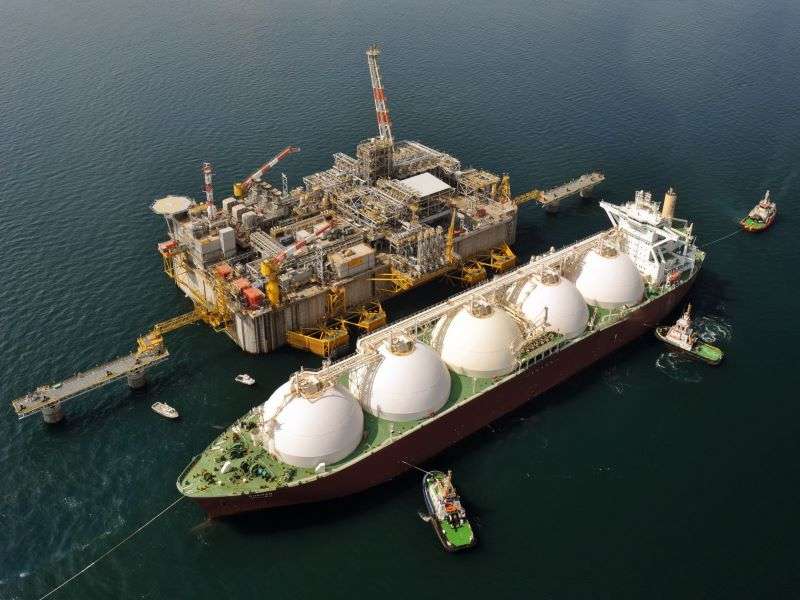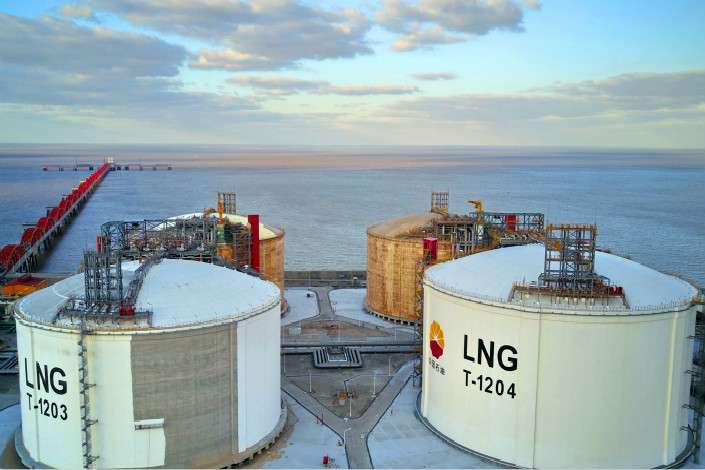Ghana’s ambitious Tema LNG terminal is still not operational, despite GNPC’s forecast for the start date in Q2 2022. This adds to a tall-list of over-optimistic forecasts made regarding the terminal’s receipt of the first cargo of LNG.
To a large extent, these unexpected delays have been one-too many since the completion of the project in 2021, given the natural gas market turbulence during the period and the exacerbation of same as a result of the Russia-Ukraine war.
Fitch Solutions, an affiliate of the Fitch Group earlier this year, cast doubts over the Tema LNG facility’s start date, stating that: “Risks of further delay are notable, given the amount of false hope given to the project’s start-up date in recent years,” and added that even the last date set— end-Q1 2021, was “a timeline we were skeptical of, given Ghana’s previous history of undermined LNG projects and operational hurdles.”
LNG Import Risks
Aside these, the import of LNG has been shrouded in controversies. According to the Africa Centre for Energy Policy (ACEP), Government and GNPC believe that the existing sources are not enough to meet gas demand in the country, a justification for importing LNG.
“On the other hand, independents have held that such a need is overestimated. Indeed, if the government’s assumptions for augmenting existing sources with LNG in 2020 had materialised, Ghana would have paid about $500 million in the past two years for LNG for gas not needed. Thus, Ghana has only been lucky with unanticipated delays in completing the LNG terminal in Tema.”
ACEP

According to ACEP, there are also price risks to the importation of LNG. The Gas Sales Agreement (GSA) between GNPC and Shell for LNG supply is benchmarked against the price of Brent Crude, which introduces significant volatility to the pricing mechanism in Ghana.
Furthermore, delivered LNG would cost GNPC about $15/MMBtu. This is more than twice the most expensive gas from existing sources. Given that the power sector is a major consumer of gas, the $15/MMBtu price will have to be absorbed by the power sector through increased tariffs or subsidies by the government.
Based on the agreement with GNPC, Shell will supply LNG to the Tema LNG facility. Shell and the Tema LNG Terminal Company (TLTC) have entered a 17-year terminal use agreement.
The agreement requires that Shell will process up to 1.6mtpa of LNG through TLTC and then sell the processed natural gas supply to the GNPC under a gas sales agreement. The terminal will have the capacity to import around 2.0mtpa, which means that an additional 0.4mtpa of supplies will be open to negotiation or left free for spot deliveries.
Natural Gas Supply Crunch Worsens LNG Uncertainty
In a new report by the International Energy Agency (IEA), it states that the global natural gas is no longer the reliable and low-cost energy source it once was. Thus, the future is uncertain as global powers battle an energy crunch amid sanctions aimed at curtailing funding for Russia’s war in Ukraine.
“Today’s record prices and supply disruptions are damaging the reputation of natural gas as a reliable and affordable energy source, casting uncertainty on its prospects, particularly in developing countries where it had been expected to play a growing role in meeting rising energy demand and energy transition goals.”
IEA
READ ALSO: Incorporate New Skills Required by Employers into the Education System- World Bank























